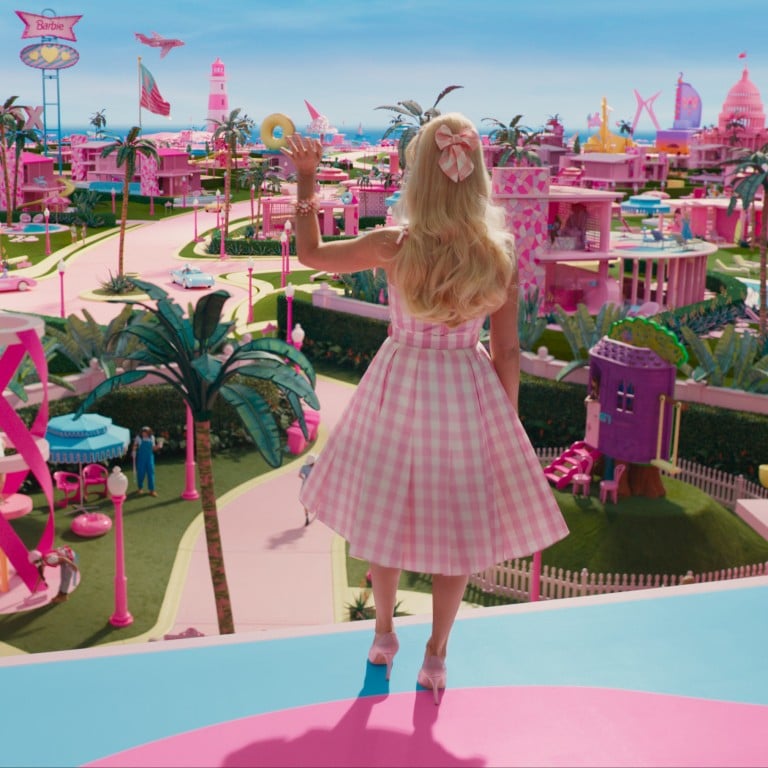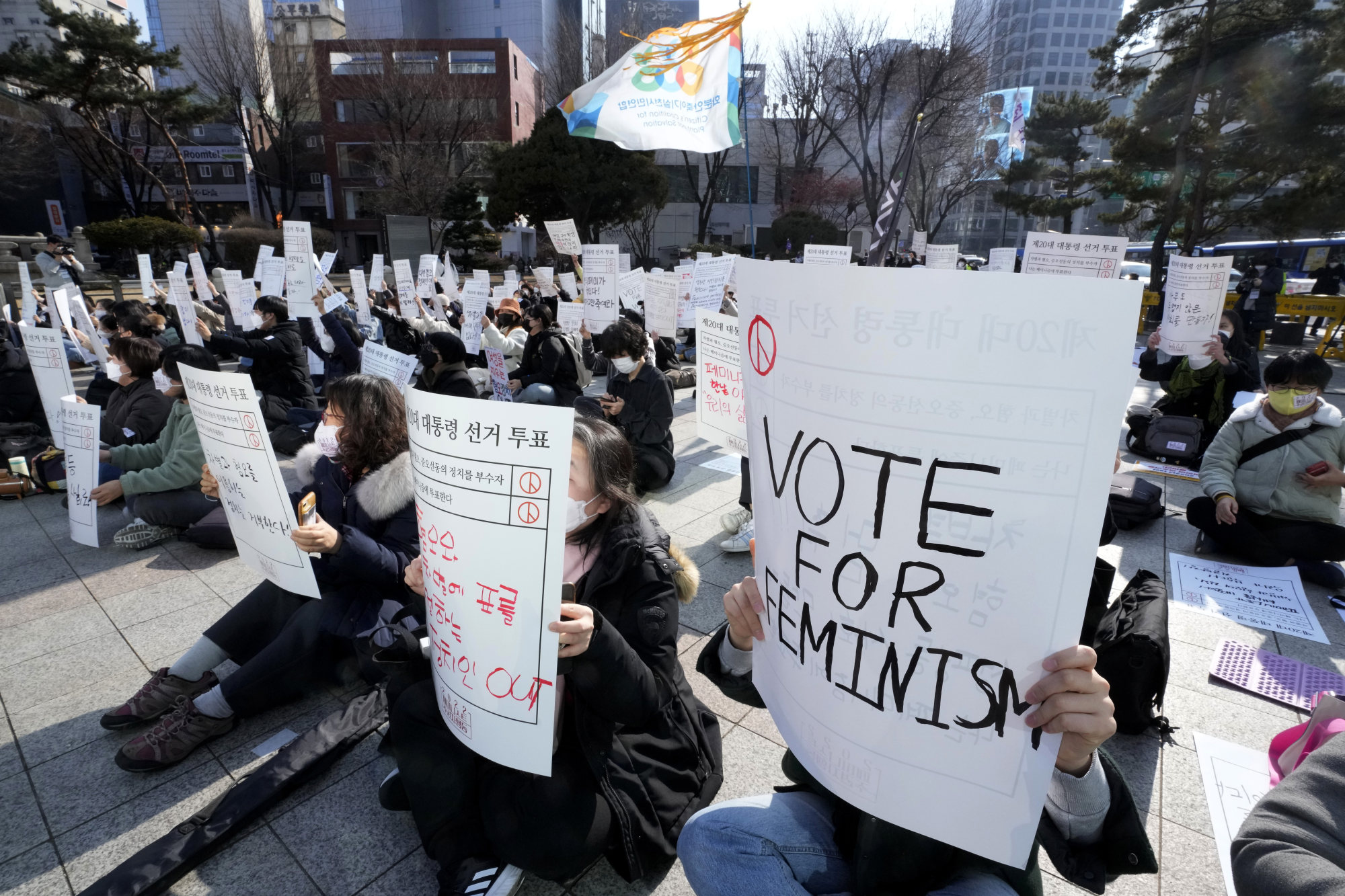
Why the Barbie film’s message should resonate with Hong Kong and the rest of Asia
- The film has been making box office waves globally, but received a cool reception in South Korea, where the presidential election has amplified fear of feminism
- While the need for women’s empowerment is openly discussed in Hong Kong, one lawmaker’s comments highlight misunderstanding of the impact of gender inequality
Did you know that if you Google “Barbie”, your search results and the Google logo come back in bright pink?
It was the biggest opening in North America this year, raking in US$162 million there and US$194 million elsewhere. It made more money over the opening weekend for studio Warner Bros than any other non-DC Comics film or a sequel. It was also the biggest opening and grosser for a female director.
The Barbie doll had feminist roots – when it hit the shelves more than six decades ago, it was the first mass-produced doll with adult features. Barbie was the creator’s response to girls being limited to playing with baby dolls, imagining themselves growing up to only be a mother.
Barbie encouraged girls to dream about being anything they want – that is, if they had a highly unrealistic 18-inch waist and were blonde. From very early on, people noted Barbie’s ridiculous body proportions and raised concerns over its promotion of an unhealthy body image.
The Barbie doll series has also been criticised for its lack of ethnic diversity. Some, not all, girls can become anything they want.
In the 1990s, a talking version was released and let’s just say that “Math class is tough” and “Want to go shopping?” didn’t go down well.
Gerwig addresses these struggles of the 60-year-old doll trying to keep up with the times, and more, in her blockbuster. It’s not radical feminism, or anti-men. It shows that the unattainably perfect – Barbie Land – is not perfect at all.
When the hot pink utopia collides with the real world, we get to see real women, their struggles and achievements. At least there’s room for motherhood in the real world. The film confronts both idealised femininity and idealised feminism.
But, apparently, Barbie isn’t doing very well in South Korea, where it only took in an 8 per cent share of the total box office. A Korean women’s rights activist said women may be hesitant to be seen as supporting an overtly women-centred film for “fear of being labelled as a feminist”.

In June, the government launched the Women Empowerment Fund with HK$100 million (US$12.8 million) earmarked from this year’s budget to strengthen support for women’s development programmes by women’s organisations and NGOs. It is a definite step in the right direction.
But then we have lawmaker Junius Ho Kwan-yiu, who in response to a motion in the Legislative Council on “promoting the comprehensive development of women in Hong Kong” ahead of Mother’s Day in May, said, “I think men should now be protected” and lamented that women are “doing whatever they like”. Ho mistakenly attributed that to be why “men are now tied by many traditional shackles and have a lot of unspeakable pain”.
However, it’s not empowering women that causes men unspeakable pain. It is gender inequality that is shackling men and women. So go on Ho, we won’t think any less of you if you watch Barbie.
Alice Wu is a political consultant and a former associate director of the Asia Pacific Media Network at UCLA


